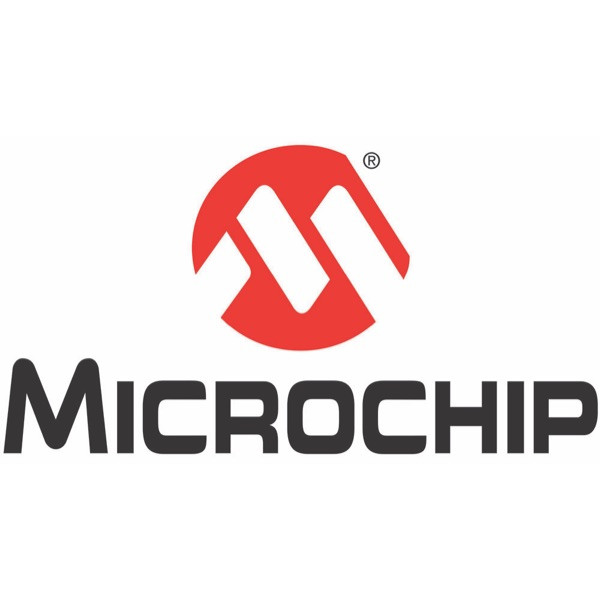MOST150 INICs enable cost-effective smart antenna module coaxial connectivity
26-03-2015 |
Microchip Technology
|
Semiconductors
Microchip has announced that the MOST Cooperation has released its MOST150
Technology Coaxial Physical Layer specification. The industry-standard
specification enables Microchip to support smart antenna module connectivity
to in-vehicle MOST150 Advanced Driver Assistance System (ADAS) and
infotainment networks, via its OS81118AF Intelligent Network Interface
Controller (INIC) with integrated coax transceiver.
The MOST150 coaxial physical layer is ideally suited to smart-antenna
telematics and other data traffic from AM/FM, DAB, SDARS, DVB-T, 3G/LTE, GPS
and Wi-Fi signals that increasingly need to connect with in-vehicle networks
for high-bandwidth control, audio, video and Internet Protocol (IP)
communication. Additionally, the ability to utilise the proven and low-cost
coaxial cabling to simultaneously deliver communication signals and power to
these in-vehicle systems simplifies design and installation efforts while
lowering costs and reducing vehicle weight for easier compliance with
environmental regulations.
The OS81118AF allows designers to create in-car cellular and Wi-Fi
connectivity applications on the MOST150 network by connecting to a smart
antenna module via a coaxial cable. This simple solution reflects today's
market demands for wirelessly connected applications within the automotive
environment, such as Internet access, e-mail, social networking and
location/GPS-based services. The MOST150 technology was first deployed in
the 2012 car models, and the first vehicles with the MOST150 technology
coaxial physical layer are planned for model-year 2017. To date, more than
150 million MOST devices have been installed in over 180 car models since
2001. This cost-effective coaxial implementation of smart antenna modules
allows for broad market adoption, and is expected to further expand the use
of MOST technology in vehicles.
Microchip's OS81118AF cPhy INIC is available today for sampling, in a 72-pin
QFN package, says the company.


